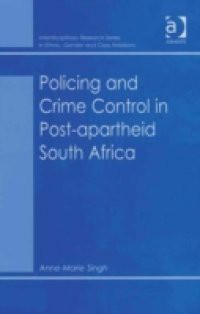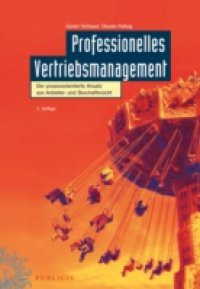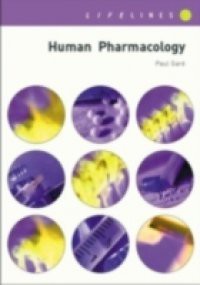Once a marginal political issue, crime control now occupies a central place on the social, political and economic agenda of contemporary liberal democracies. Nowhere more so than in post-apartheid South Africa, where the transition from apartheid rule to democratic rule was marked by a shift in concern from political to criminal violence.In this book Anne-Marie Singh offers a comprehensive account of policing transformations in post-apartheid South Africa. Her analysis of crime and mechanisms for its control is linked to an analysis of neo-liberal policies, providing the basis for a critique of existing analyses of liberal democratic governance. Themes addressed in the book include the exercise of coercive authority, state and non-state expertise in policing, the 'rationally-choosing' criminal, and the importance of developing an active and responsible citizenship.






 10 (1)
10 (1) 










